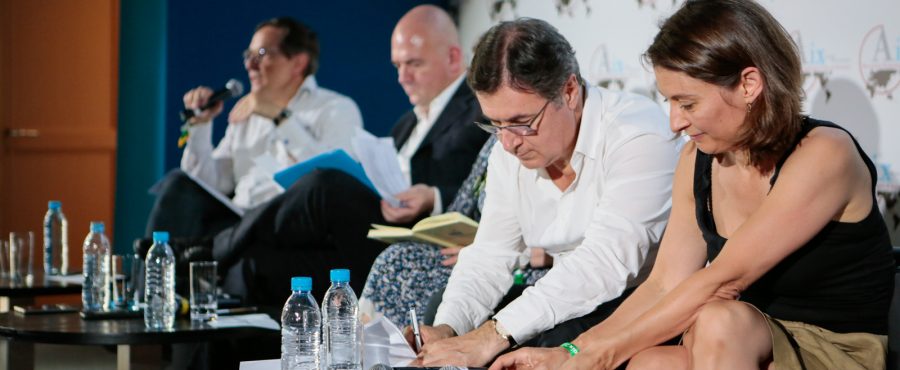8 Jul 2017
Is Euro Bringing Wealth?
Session 25

The euro is the common currency of the 19 EU Member States that agreed to adopt it through the 1992 Maastricht Treaty. It was implemented in 1999 without proof of its success.
The eurozone is not an optimal monetary zone given that preferences of Member States and their populations are unequal in terms of the rigour of public governance, inflation rates and desirable taxation levels, not to mention discrepancies in economic performance and massive differences in economic structures.
Because creating a single monetary union widens the gaps in economic specialisation, economic, tax and social governance structures must be developed to create a set of shared rules that ensure the union’s success and prevent tax and social wars between its members. Not only were such governance structures not created for the eurozone, but the way the EU was built promotes tax and social competition between members. This would not happen between the fifty states making up the USA, for example, where the tax and welfare structure is mainly federal.
So the euro itself is not responsible, but those who created it forgot to implement a system to ensure tax and social welfare consistency across the zone. There is no single zone-wide budget to redistribute wealth across Member States. The zone also lacks a post for a eurozone Secretary of the Economy with the authority (within the framework of the Economic and Financial Affairs Council) to set macroeconomic policy directives for the zone, i.e. a post resembling America’s Treasury Secretary.
The euro could certainly be a vector of wealth creation if the necessary institutional and policy changes were implemented. Without the express intention to reform the eurozone, populists may win the public opinion battle and wrongly convince people that the euro is the root cause of their misfortunes.
Now, more than ever, we need strong political leadership to provide the tools necessary to make the euro successful.
How can the eurozone’s crisis of governance be characterised? How can it be overcome? How can Europeans be convinced to further their cooperation? What initiatives should be taken to speed up growth in Europe?





















































































